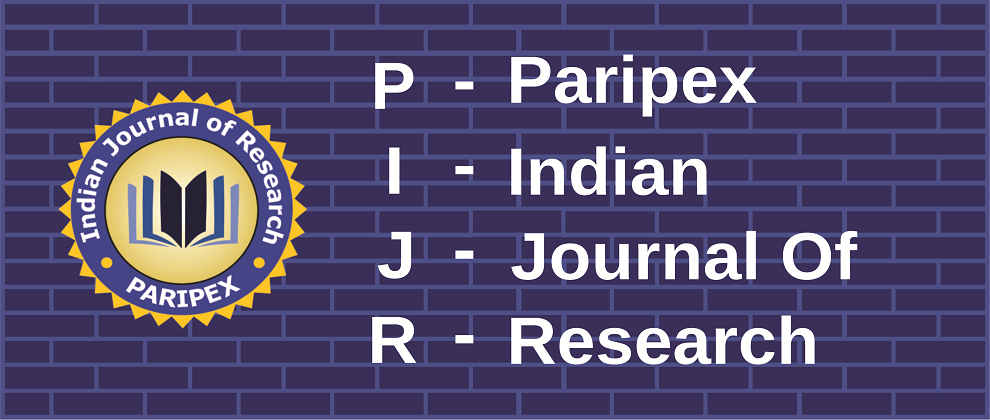Volume : IV, Issue : VI, June - 2015
Abstract :
With the technology onslaught, contribution of social media in influencing the life choices of the young minds has been immense. With its unusual user–friendly attributes, social media has made an impact on every aspect of life. In the field of education, the teaching–learning ecosystem has gone under a total metamorphosis with use of social media platforms like Youtube, Whatsapp, Facebook, Twitter, Pinterest, Udemy, Slideshare and much talked about Massive Online Open Courses (MOOCs). The concept of traditional learning has gone beyond the four–walls. The focus is now on their promise of providing “Anytime, Anyplace Learning” and “the best teachers” to students around the world. In general, this media is useful but it has not gone down without criticism. The cynics of social media have raised questions about its real worth as they claim it is a threat to education because it replaces the face to face contact and widens the knowledge divide due to the existing digital divide, poor representation of women as teachers as well as students on these platforms of online learning. As social media provides greater freedom to the girls/women who face greater inhibitions in terms of familial responsibilities, social and religious restrictions etc., it invites contempt from the conservatives and the status–quoists. With these dilemmas, the developments in the social media need to be seen more objectively and rationally so that the gender gap can be mitigated and engendering this media can be accomplished for gender development. The pronouncements of educational technology enthusiasts that online learning is sweeping aside the barriers that have in the past prevented the equitable access to education seems a premature one. As it turns out, students often carry these barriers right along with them, from the real world into the virtual one which is not a very healthy sign in an inclusive teaching learning environment. Against this backdrop, the present paper is an attempt to develop a deeper understanding of the phenomena and suggest some plausible ways to counter the shortcomings and harness the maximum fruit of the inclusion of social media and other online learning platforms in education with special consideration of gender aspects.
Article:
Download PDF
DOI : https://www.doi.org/10.36106/paripex
Cite This Article:
, PARIPEX-INDIAN JOURNAL OF RESEARCH : Volume-2 | Issue-3 | March-2013
Number of Downloads : 157
References :
, PARIPEX-INDIAN JOURNAL OF RESEARCH : Volume-2 | Issue-3 | March-2013


 MENU
MENU

 MENU
MENU


